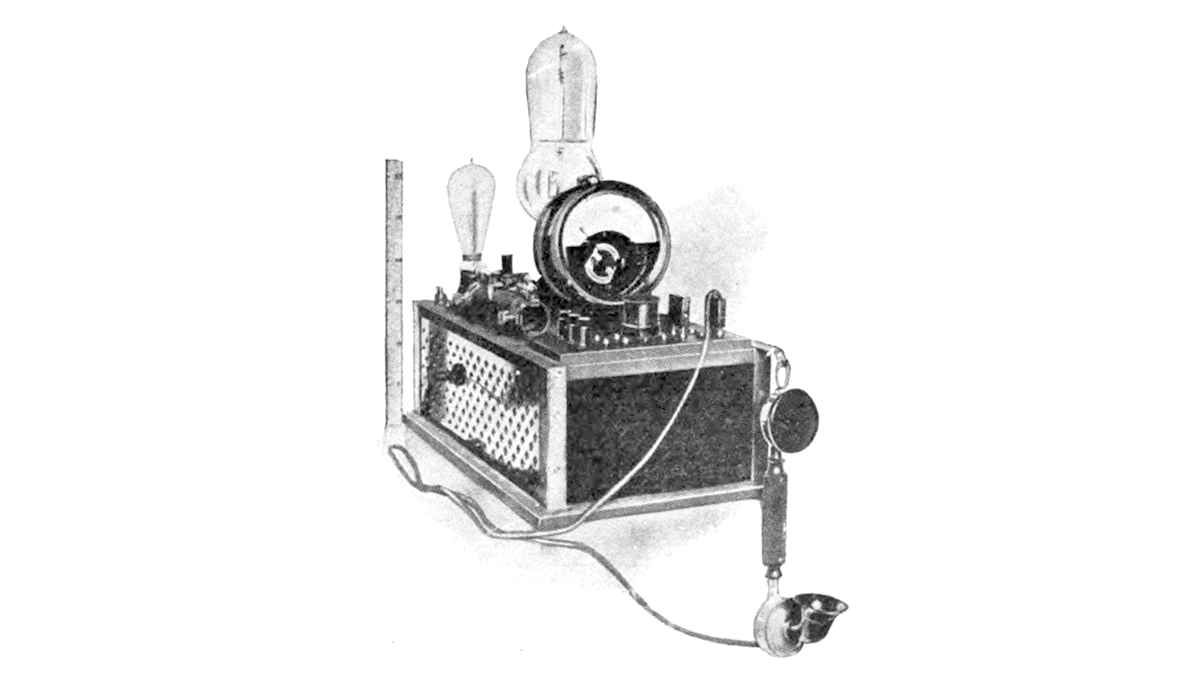
Morbid: A True Crime Podcast is a true crime podcast called Morbid. It is hosted by Alaina Urquhart, an autopsy technician and author with degrees in criminal justice, psychology, and biology; and her niece, Ash Kelley. The hosts handle True Crime cases in a casual, conversational, but well-researched way, balancing humor with respect for the victims. But they are more interested in fun than facts, as their delving into the paranormal and astrology demonstrates.
In 2022, Morbid did five episodes on Jack the Ripper, each roughly 90 minutes, and it was interesting to hear Urquhart’s opinions as trained crime expert. She floats a number of ideas based on her research:
- The Ripper may have been more than one person.
- Martha Tabram was not a Ripper victim.
- Elizabeth Stride was probably not a Ripper victim.
- The Ripper definitely had medical knowledge and surgical experience.
- The police were rather hapless, except for Abberline.
- The Ripper was not selling organs on the Black Market.
- The “From Hell” letter was the only letter sent by the real killer, and George Lusk’s kidney was quite possibly Catherine Eddowes’s.
- The killer was not motivated by sexual arousal.
- Mary Jane Kelly’s murderer was familiar with the crime scene.
- Walter Sickert definitely wrote hoax letters, but his identity as the killer is questionable.
These women made a lot of bad choices. Did they deserve anything they went through? No!
The hosts spend a good amount of time on the backgrounds of each of the canonical victims, working from The Hidden Lives of Jack the Ripper’s Victims by Robert Hume, and The Five: The Untold Lives of the Women Killed by Jack the Ripper by Hallie Rubenhold. Urquhart and Kelley have a lot of compassion for the victims, and never punch down with their humor.
They are critical of some of the victims’ life choices, spending some time criticizing Elizabeth Stride’s Princess Alice scam, for instance. But they are quick to blame poverty and a dearth of options for these choices, rather than any lack of character on the victims’ parts.
Obviously the [murderer’s] work was that of an expert.
I was particularly interested in Urquhart’s medical opinions. She is impressed by the speed and precision of the Ripper’s mutilations, comparing his quick work to the long hours she has spent on autopsies. She notes a “rapid autopsy” takes two hours, while the Ripper had 15 minutes on average to perform his mutilations. She also notes the killer avoided the navel when opening up the torso, the way a coroner would on an autopsy.
She thinks the “From Hell” kidney might be Eddowes’s because of the length of the renal artery segment, that it’s consistent with the length of the artery left in Eddowes’s body (although she’s working from written reports, and obviously hasn’t seen the artery herself).
All the letters beside the “From Hell” letter are bullshit.
The kidney convinces Urquhart that the “From Hell” letter is real, combined with the letter’s tone. Other Ripper letters like the “Dear Boss” letter have a playful, mocking voice, which she finds inappropriate to the killer’s mindset. The “From Hell” letter is serious, and while slightly mocking, does not contain the name “Jack the Ripper,” which Urquhart does not believe originates from the killer.
As for the “Dear Boss” letter, its author seems surprised that blood coagulates, which Urquhart believes the killer would have definitely known. She is of the opinion that someone at the Central News Agency forged it.
A lot of these police officers got a lot of facts wrong.
They spend some time mocking Assistant Commissioner CID Robert Anderson and Commissioner of Police of the Metropolis Sir Charles Warren, and praising coroner Wynne Baxter and Chief Inspector Frederick Abberline.
Jack the Rippers name isn’t “Aaron,” it’s just not!
Urquhart wraps up with a list of possible suspects. Some she dismisses: suicide Montague John Druitt (“too thin,” no Whitechapel connection), swindler Michael Ostrog (not violent, not in area), Joseph Barnett (truly loved Mary Jane Kelly, cleared by Abberline), mentally ill murderer James Kelly, and mentally ill barber Aaron Kosminski.
Walker Sickert just happened to like dark shit.
Others she considers possibilities: “Borough Poisoner” Seweryn “George Chapman” Kłosowski (doctor, barber/surgeon’s assistant, domestic abuser—but serial poisoner, not slasher), and Walter Sickert (Ripper fanatic, letter forger, misogynist, crime aficionado; but not known to be violent).
This case is way more fascinating that I gave it credit for.
Urquhart aspires to become a Ripperologist (I think she already qualifies), and plans to announce her choice for most likely suspect at some point in the future. She had read about the case before, but working on the podcast has encouraged her to become a Ripper enthusiast.
I hope you guys enjoyed this. I hope you were horrified by it.
I enjoyed this podcast, despite an annoying amount of astrology comments. The hosts made it fun, without dismissing the seriousness of the crime or the horrible conditions the people of Whitechapel 1888 lived under. I think they kind of nailed the balance between enjoyment of a mystery and respect for the victims that we as Ripperologists need to aim for.
I look forward to their future Ripper content.


Leave a Reply